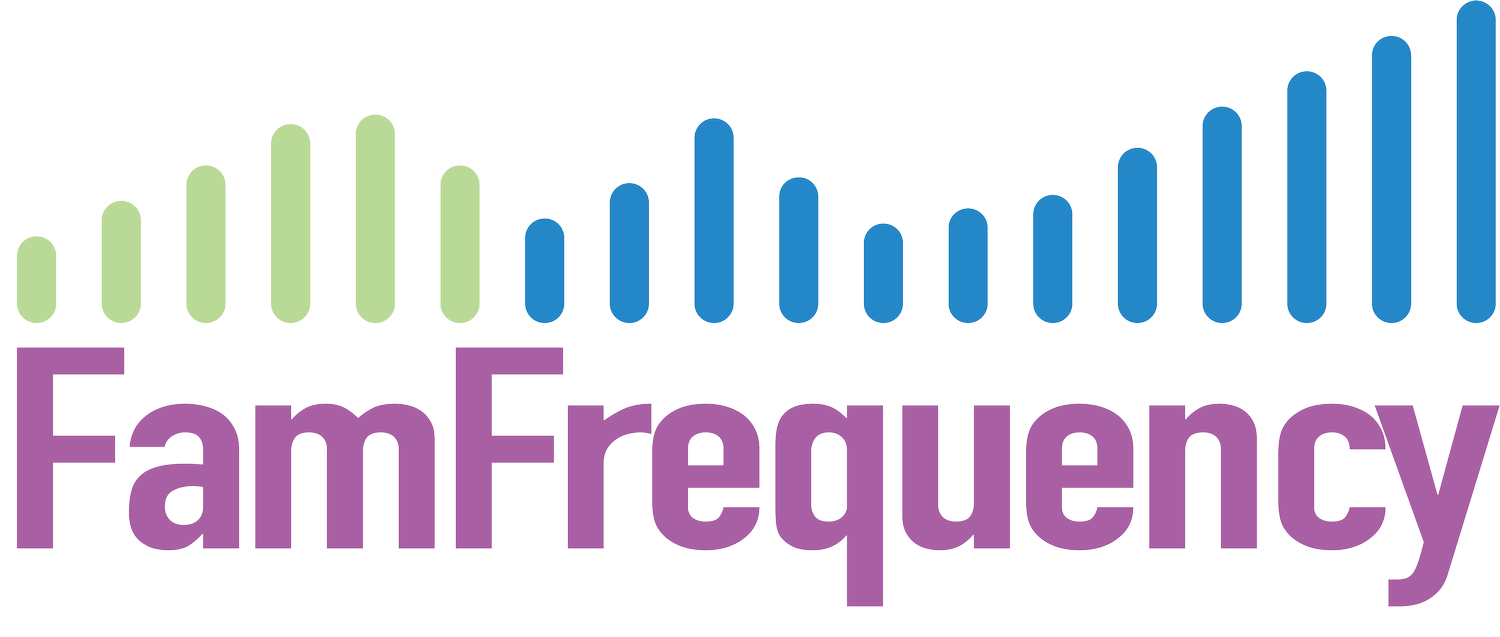Kendrick Lamar: A Master Storyteller’s Lessons for Marketers
Kendrick Lamar has solidified his place as one of the most influential artists of this generation, blending personal narratives with powerful social commentary. Emerging from Compton, California, he captivated audiences with his debut good kid, m.A.A.d city (2012), but it was To Pimp a Butterfly (2015) that truly elevated him to cultural icon status. Combining hip-hop with jazz, funk, and spoken word, Kendrick tackled topics like race, identity, and systemic oppression. His 2017 album DAMN. earned him the Pulitzer Prize for Music, proving his ability to mix artistic complexity with broad accessibility. With his latest album Mr. Morale & The Big Steppers (2022), Kendrick continues to explore themes of mental health, family, and redemption, reinforcing his mastery of storytelling.
Kendrick’s career offers key lessons for marketers: his authenticity, emotional depth, and consistent artistic vision are central to his enduring success. His ability to remain true to his roots while tackling universal human emotions has helped him connect with millions. Similarly, his cohesive brand—both musically and visually—has made him one of the most recognizable and respected figures in modern music. By embracing these same principles, brands can build deeper connections, foster loyalty, and stand out in a crowded marketplace.
1. Authenticity as a Competitive Advantage
Kendrick Lamar’s commitment to authentic storytelling is a major part of his success. His raw, vulnerable lyrics give listeners a real sense of who he is—flaws, struggles, and all. This authenticity builds trust and loyalty, which is crucial for brands.
“I’m a sinner, I’m a sinner, but I’m still a winner” – “The Blacker the Berry”
Kendrick acknowledges his flaws and imperfections, but he owns them. This mirrors how brands can embrace their true identity, including both strengths and vulnerabilities, which helps them stand out and resonate more deeply with audiences.
2. Emotional Storytelling Drives Engagement
Kendrick’s ability to tap into universal human emotions—struggle, hope, fear, and triumph—helps his music resonate on a deep level with his listeners. Marketers can similarly use emotional storytelling to build connections and loyalty with their audiences.
“I remember you was conflicted / Misusing your influence, sometimes I did the same” – “Alright”
This lyric reflects the internal struggles Kendrick has faced, tapping into a raw, emotional moment of self-awareness. For marketers, understanding and depicting human emotion—be it struggle, joy, or redemption—can make their campaigns resonate more deeply.
3. Consistent Brand Identity Builds Recognition
Kendrick’s consistent tone and vision across his albums, visuals, and public persona have made him one of the most recognizable figures in modern music. His clear, authentic identity—expressed through both his music and the visuals accompanying it—reinforces his presence in the public’s mind.
“I got power, poison, pain, and joy inside my DNA” – “DNA.”
This lyric highlights Kendrick’s ability to consistently reflect on his roots, struggles, and triumphs. For marketers, it’s a reminder that a brand identity needs to be deeply rooted in its core beliefs and messaging, remaining consistent while evolving in response to the market.
Kendrick Lamar’s career is a powerful example of how authenticity, emotional storytelling, and consistent brand identity are key to building a lasting connection with an audience. Just as Kendrick has cultivated a loyal following through his vulnerability, emotional depth, and cohesive artistic vision, brands that embrace these same principles can stand out, build deeper connections, and foster long-term loyalty.
